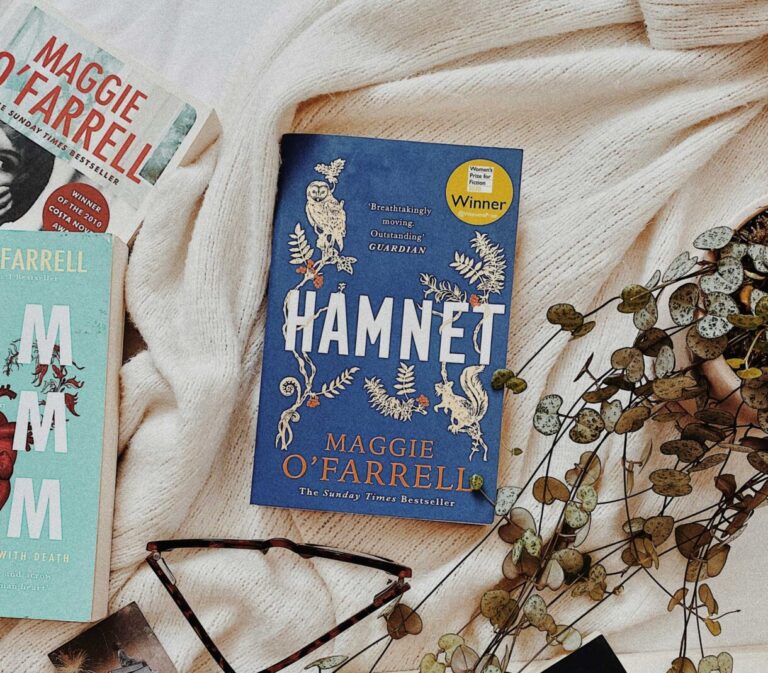It is the 1950s so divorce and co-habitation before marriage is still taboo. The fact that David and Germayne are not technicallly married when they first move to the village sets the other residents against them. There are norms that have to be met and David and Germayne don’t meet them so instead they meet with resistance.
When David and Germayne move to a small village in Kent, David decides its a good idea to open tea house. Germayne is not so sure and neither is the rest of the village. When Mrs Abroath, the lady of the manor finds out about the plans, and that David and Germayne may not be married, she sets out to thwart their plans. But the fact that David can’t cook, the appearance of Germayne’s first husband Digby and daughter Ducks and a femme fatale cook may stop the plans in their tracks.
I thoroughly enjoyed spending time with David, Germayne and company, half hoping the tea shop would be a success and have hoping it would sink much like one of David’s cakes.
“I shall turn this into a tea-house, with lunches if requested, and shall serve pleasant meals in the orchard,” announced David, “and with my penchant for cooking I ought to make a fortune.”
“Oh dear!” said Germayne.
Source – review copy
Tea is so Intoxicating is a comedy of manners, a tale of small town believes and big dreams and a lesson that the grass isn’t always greener, and the cakes aren’t always creamier on the other side.
Publication date – 8 October 2020
Part of the British Library Women Writers series, I loved this tale of village trouble and strife.
All of the characters are delightfully annoying. David is priggish, hellbent on opening a tea house when he can’t cook, doesn’t want to clean and is really only good for dealing with the accounts. Though the irony of the fact that he did the accounts for a chain of tea houses which went bust seems to pass him by. Germayne is flighty, or rather she doesn’t know what she wants, until it’s gone. She married Digby for stability. That stability bored her. She leaves him for David because the excitement of an affair lulls her into thinking that is what is missing from her life. Then she finds that David is just stuck in different ways to Digby. Ducks, Germayne’s daughter is spoiled, though not in what would be considered a bad way now. She wants the freedoms that any 16 year old would want, but which was still radical in the early 50s. Mrs Arbroath, the lady of the manor, is a relic from another era. She believes the village is hers. She will not stand for a couple of foreigners, people not born and raised in the village and who were not properly married, to open a business here. And especially not a business that would attract holiday makers and travellers. Then along comes Mimi, the cake cook, who can turn a man’s head at a glimpse of her stockings and seems to leave a trail of broken hearts in her wake.
Published by the British Library

David Tompkins thinks it is a splendid idea to open a tea garden at his Kentish cottage. His wife, Germayne, is not so sure. The local villagers are divided on the matter, and not necessarily supportive, particularly Mr Perch at the Dolphin, who sees it as direct competition to Mrs Perch’s own tea garden. It doesn’t bode well when the official opening coincides with a break in the beautiful weather. Things are further complicated by the arrival of the ‘cake cook’ Mimi, a Viennese girl with a mysterious past, Germayne’s daughter Ducks, and finally her ‘rather stolid’ ex-husband Digby. With rumour rife that the couple are – whisper it – not actually married, the lady of the manor, who has failed to realise that nowadays that title carries no real weight, makes it her mission to shut the enterprise down.







